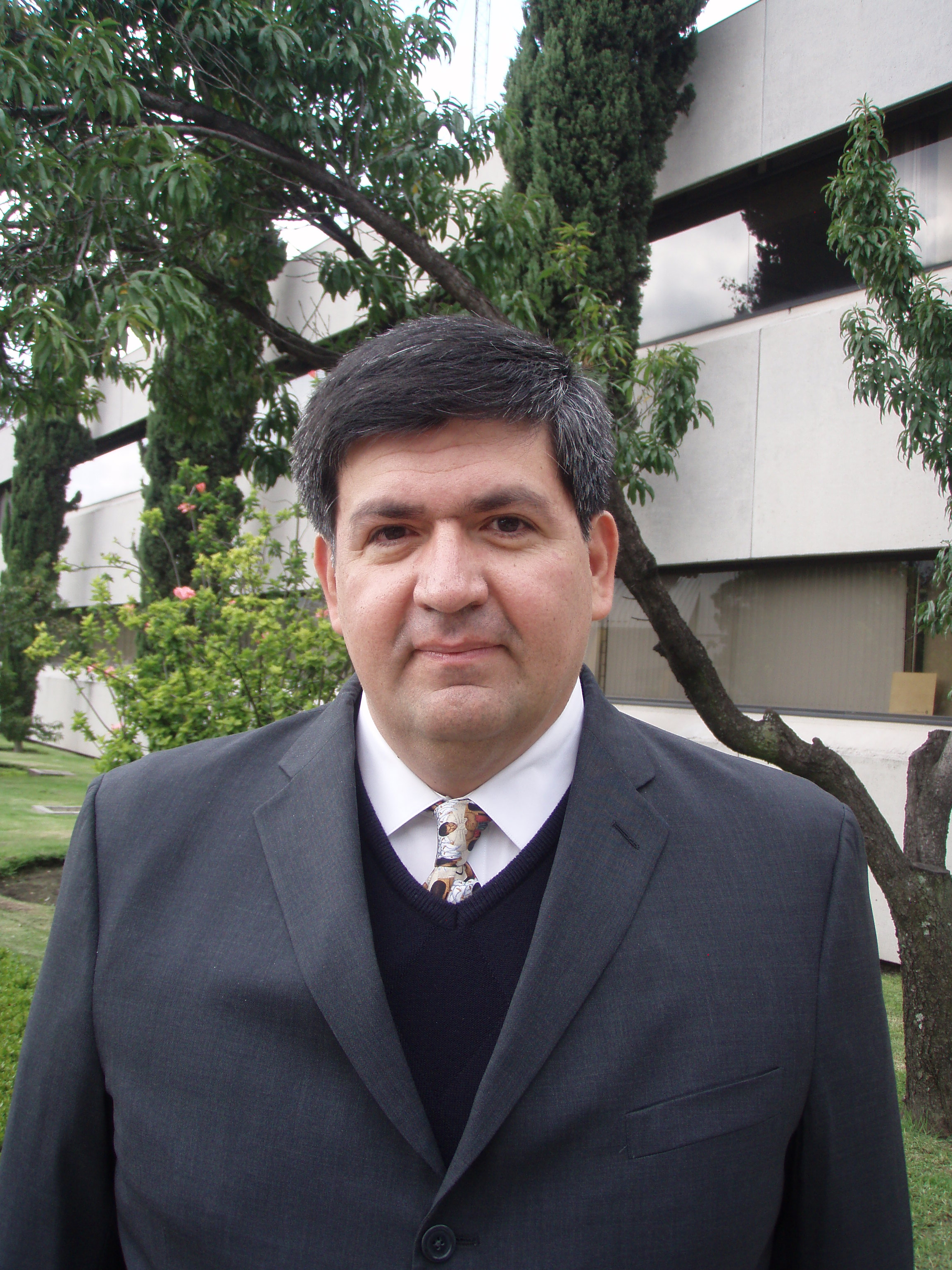|

Carlos A. Coello Coello
Computer Science Department
Cinvestav-IPN, Mexico City, Mexico
Title: An Introduction to Evolutionary Multi-Objective Optimization and Some of Its Applications in Smart Cities
Abstract: In this talk, I'll provide a general overview on the use of evolutionary algorithms for solving problems having two or more (normally conflicting) objectives (the so-called multi-objective optimization problems). The talk will describe, from a historical perspective, the most representative research that has been conducted in this area, with a particular emphasis on algorithmic developments. In the final part of the talk, some sample applications of multi-objective evolutionary algorithms in smart cities will be provided.
BIO: Carlos Artemio Coello Coello received a PhD in Computer Science from Tulane University (USA) in 1996. He is a pioneer in an area that is now known as “evolutionary multi-objective optimization”. His research has mainly focused on the design of new multi-objective optimization algorithms based on bio-inspired metaheuristics. He currently has over 450 publications which, according to Google Scholar, report over 32,200 citations (with an h-index of 69). He is currently Full Professor with distinction (Investigador Cinvestav 3F) at the Computer Science Department at CINVESTAV-IPN in Mexico City, Mexico. Dr. Coello is associate editor of several journals, including the two most important in his area (IEEE Transactions on Evolutionary Computation and Evolutionary Computation). He is also an IEEE Fellow for his "contributions to multi-objective optimization and constraint-handling techniques". He has received several awards, including the National Research Award (in 2007) from the Mexican Academy of Science (in the area of exact sciences), the 2009 Medal to the Scientific Merit from Mexico City's congress, the Ciudad Capital: Heberto Castillo 2011 Award for scientists under the age of 45, in Basic Science, the 2012 Scopus Award (Mexico's edition) for being the most highly cited scientist in engineering in the last 5 years and the 2012 National Medal of Science in Physics, Mathematics and Natural Sciences from Mexico's presidency (this is the most important award that a scientist can receive in Mexico). He is also the recipient of the prestigious 2013 IEEE Kiyo Tomiyasu Award, "for pioneering contributions to single- and multiobjective optimization techniques using bioinspired metaheuristics".
His current research interests are: evolutionary multi-objective optimization and constraint-handling techniques for evolutionary algorithms.
|